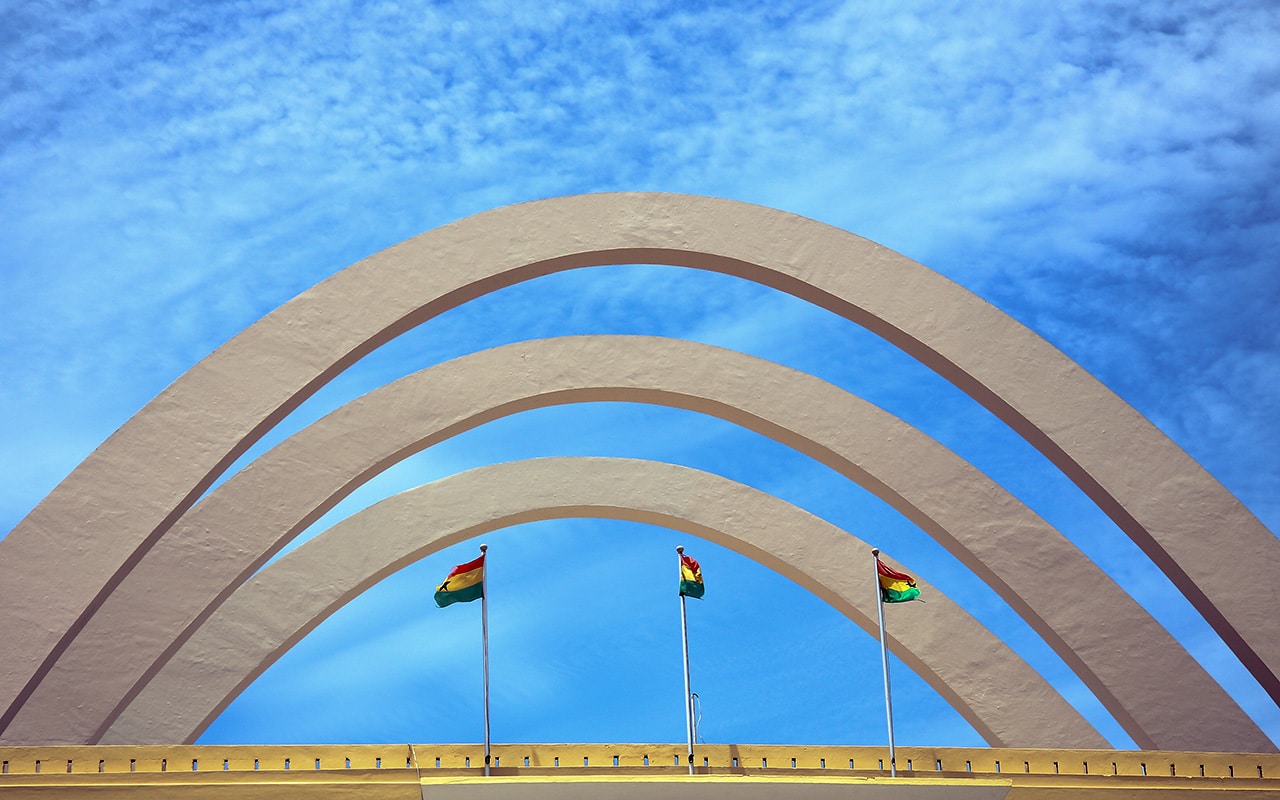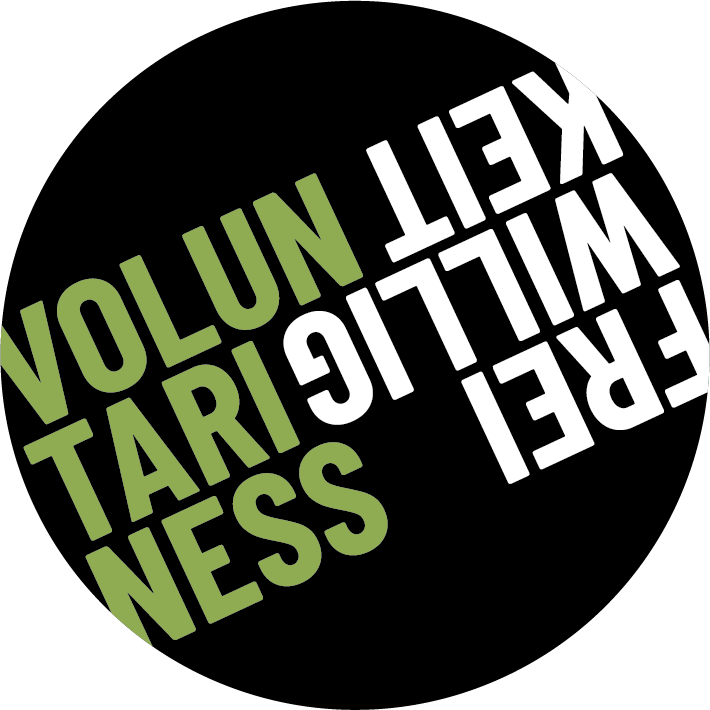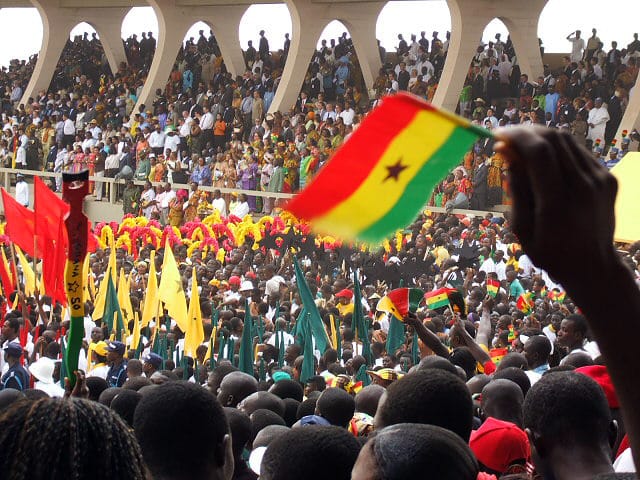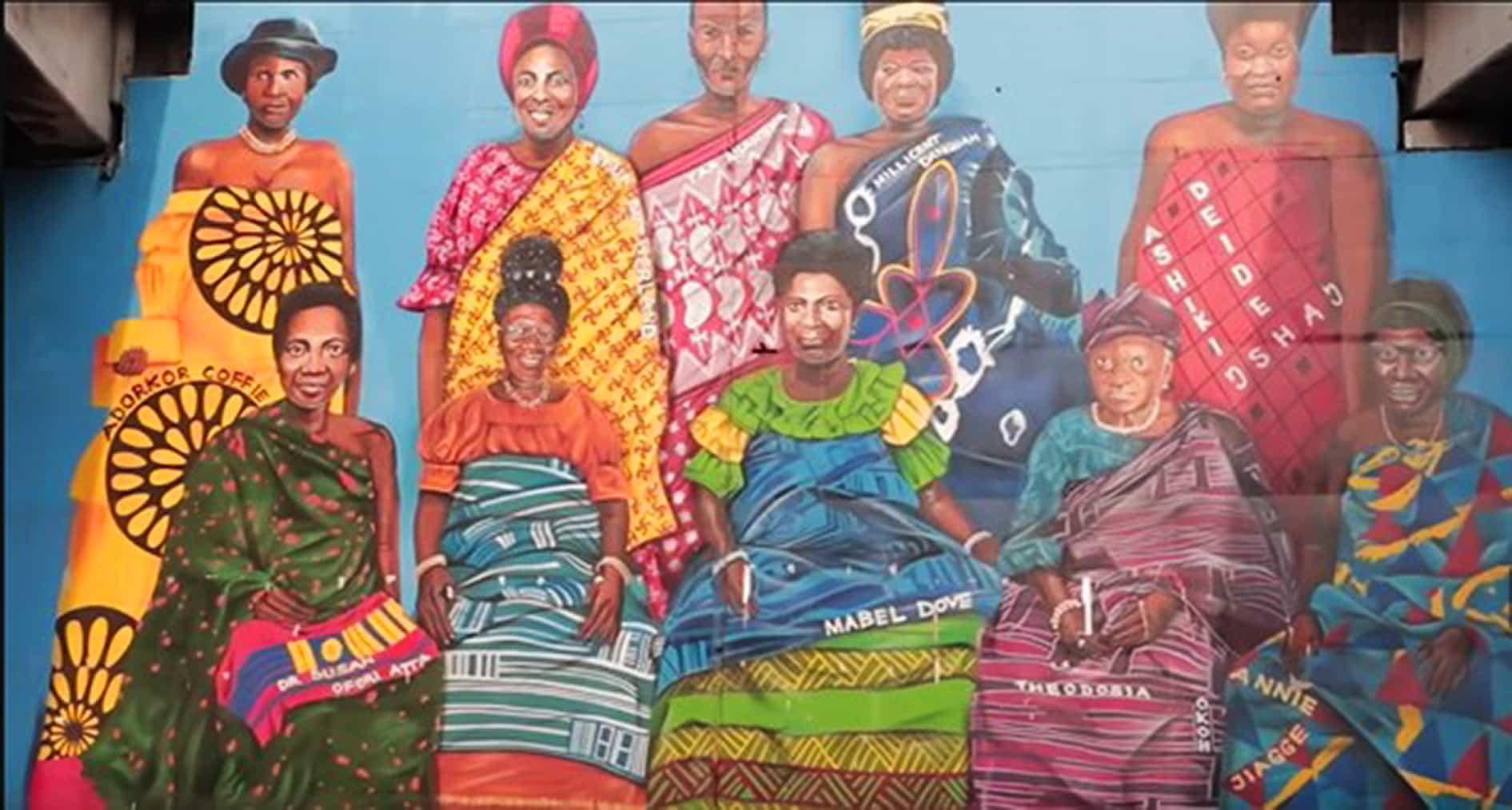
Tracing the Anti-Imperialist Struggle in Nkrumah’s Ghana
On April 7, 1960, African leaders from across the continent converged on Accra to attend the conference on “Positive Action for Peace and Security in Africa.” In the shadow of the Sharpeville Massacre and French nuclear tests in the Sahara, the mood was tense. Kwame Nkrumah, then Prime Minister of Ghana, took the floor to welcome attendees and espouse his philosophy of “positive action” as a means of beating back the creeping threat of neo-colonialism. In the late 1950s and 60s, as struggles for independence against colonial powers in Africa witnessed some early successes, African leaders discussed how best to overcome the legacies of colonialism and their perpetuation through new forms of power. The violence of apartheid policies, the proliferation of nuclear technologies, and the persistence of old economic dependencies under new guises all gave cause for alarm. These new additions to the toolkits of imperialists required novel responses to prevent backsliding into old patterns of dependency. Encouraging voluntary political participation through positive action emerged as a strategic tool in a new postcolonial political environment.
Anti-Imperial Resistance
In their search for a means of resistance, anticolonial leaders like Nkrumah turned to voluntary self-activation as a means of resisting neocolonial encroachments. “In my view,” Nkrumah expounded at the April meeting in Accra, “this conference ought to consider the setting up of a training centre where volunteers would learn the essential disciplines of concerted positive action. Such an establishment might also become the centre for such needed research into the philosophy and technique of positive action, which, in the age of nuclear madness and apartheid arrogance, offers the greatest single hope for peace, security and brotherhood among mankind.” (Nkrumah, Selected Speeches, 1960: 48)
Nkrumah’s language of “positive action” had its roots in a period of concerted political protests and strikes beginning in 1949 that paved the way for Ghanaian independence. By promoting nonviolent protest, boycotts, and educational campaigns based on Mahatma Gandhi’s philosophy of nonviolent noncooperation, it aimed to dismantle British rule in the Gold Coast. These episodes of civil disobedience, which climaxed in a 21 day state of emergency that lasted from January to March 1950, resulted in later electoral successes for Nkrumah’s Convention People’s Party (CPP) and heroic status for participants.
Positive action took on a foundational role in the story of Ghana’s independence. It enshrined an ethos of voluntary self-activation and political participation in the new postcolonial regime. For Nkrumah, it represented an important resource for the regime as a model of engaged citizenship. While initially positive action involved calling upon workers to resist colonial authorities, this memory of anticolonial resistance was later repurposed to build consensus and strengthen the ideological appeal of Nkrumah’s regime as it later encountered popular resistance. Calls for positive action – laden with appeals to voluntariness – reveal it to have been a distinctive behavioral pattern, a tool of resistance, and a discursive strategy for enacting anticolonial resistance and enforcing conformity, all at once. It is worth recalling that positive action had a history and, increasingly over the years of Nkrumah’s consolidation of power, an institutional structure.
The Evolution of Positive Action
What did it mean to “learn the essential disciplines” of positive action? That Nkrumah reprised his calls for “positive action” in April 1960 in front of a pan-African audience highlights the role of two transformations that were underway. First, the CPP was in the midst of institutionalizing positive action as a cornerstone of the regime, moving it from a technique of resistance to a structuring principle of citizenship in the postcolonial state. In this vision of engaged citizenship, average Ghanaians would see the anti-imperial struggle reflected in mundane activities and jobs, which should be carried out eagerly and in full awareness of their historical task. This move required more than just appeals to common values; it also mobilized institutions, old and new alike. The CPP seized upon existing institutions, like the trade unions, while also founding new ones, like the youth organization the Young Pioneers, to inculcate citizens with loyalty to the regime. They attempted to teach positive action through educational programs and institutes. In 1960, the CPP formalized plans for the establishment of the Kwame Nkrumah Ideological Institute at Winneba, outside of Accra. The center was to provide “educational and ideological training” to activists, trade union officials, and freedom fighters from across Africa. It was to have two sections, the Positive Action Training Centre and an Ideological Training Centre (See Nkrumah, Selected Speeches, 1960: 107). Militants and agitators from other African countries who arrived for short courses could expect to visit Ghanaian organizations, including the Trade Union Congress, the Young Pioneers (the CPP’s youth organization), or the Builders Brigades, that spoke to the successes of Ghanaian political practice.
Second, in the face of new threats and violent confrontations, positive action also found its place in the official language foreign policy in the Nkrumah regime. At the April conference, Nkrumah reminded his audience that Ghana had frozen French assets in response to the nuclear tests. His government also encouraged independent African states to agree upon a date and time to impose an economic boycott on South Africa – preventing the use of airfields and ports – to bring the apartheid regime to its knees. (See Nkrumah, Selected Speeches, 1960: 108) These measures of total economic boycott were also considered part and parcel of “taking positive action.” By 1960, the concept of positive action, which had initially referred to voluntary action in the name of spirited anti-imperial resistance among colonial subjects, had been translated to the level of foreign policy to describe a position of sanctioning incursions on African sovereignty.
As Adom Getachew has recently argued in Worldmaking after Empire, anticolonial leaders sought more than national sovereignty; instead, they pursued a universalist project among decolonizing nations in the name of forging a more equitable international community. Nkrumah and his CPP took on a leading role in articulating these objectives, seeking solidarity and the redress of grievances beyond the borders of the nation-state. Between its independence in 1957 and the coup that toppled Nkrumah in 1966, Accra became a hub for postcolonial self-assertion and hotbed of pan-Africanist activity. Nkrumah and his party activists mobilized the memory of the positive action campaign to build out their own increasingly coercive party machine domestically. Through trainings and programs like the Young Pioneers, the discourse of “voluntariness” served to legitimize an increasingly authoritarian regime that often abrogated individual and collective rights and cracked down on dissenters. Yet positive action also served as a pillar of legitimacy beyond Ghana’s borders and was invoked to join forces with transnational, anticolonial struggles across the continent.
Suggested Citation: Taratko, Carolyn: “Voluntariness, Positive Action, and Neo-Colonialism: Tracing the Anti-Imperialist Struggle in Nkrumah’s Ghana”, Voluntariness: History – Society – Theory, August 2022, https://www.voluntariness.org/voluntariness-positive-action-and-neo-colonialism/






